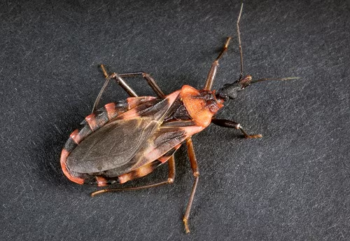While the calendar says the dog days of summer are over and we should be quietly sliding into cooler fall temperatures, San Diego County is instead looking at a heat wave the next few days that will have residents looking for ways to stay cool.
The National Weather Service in San Diego has issued a heat advisory beginning Saturday at 10 a.m. through Monday at 7 p.m. Temperatures inland will be anywhere from 10 to 20 degrees above average through Tuesday with highs in the inland valleys reaching 104 degrees and desert areas 108. Coastal and mountain areas won’t be much cooler with highs in the low 90s.
To avoid heat-related problems, health officials recommend the following:
- Stay in an air-conditioned area during the hottest hours of the day
- Wear light, loose-fitting clothing
- Drink plenty of water (avoid alcohol and sugary drinks) and don’t wait until you are thirsty
- Take cool showers
- Never leave a child, elderly person, or pet unattended in a car
- Avoid unnecessary hard work or activities outside during the hottest part of the day
- Avoid unnecessary sun exposure and wear a wide-brim hat if you need to be in the sun
- Avoid using the oven to cook
The County operates the Cool Zones program and has designated more than 100 air-conditioned buildings as cooling centers. Even a few hours spent in air conditioning can help your body stay cooler. Do not rely on electric fans for cooling if temperatures exceed 90 degrees.
The sites are identified by a light blue Polar Bear Cool Zone logo. Call 2-1-1 San Diego or visit CoolZones.org for a list of locations including hours of operation.
RELATED: Hot Weather Hazards for Dogs
RELATED: Hikers Warned to Take Precautions
An extremely high body temperature (103 or higher), dizziness, nausea, confusion, and headache are signs of heat stroke or exhaustion. If someone shows these signs, call 9-1-1 and begin cooling the individual by:
- Moving them to a shaded area
- Spraying with cool water and fanning them
- Placing them in a cool shower if they are alert
- Monitoring the body temperature, and continue cooling efforts
- Do not give the victim fluids to drink
Elderly people (65 years and older), infants and children, and people with chronic medical conditions are more prone to heat stress. People with elderly neighbors should check on the well-being of the older persons.






